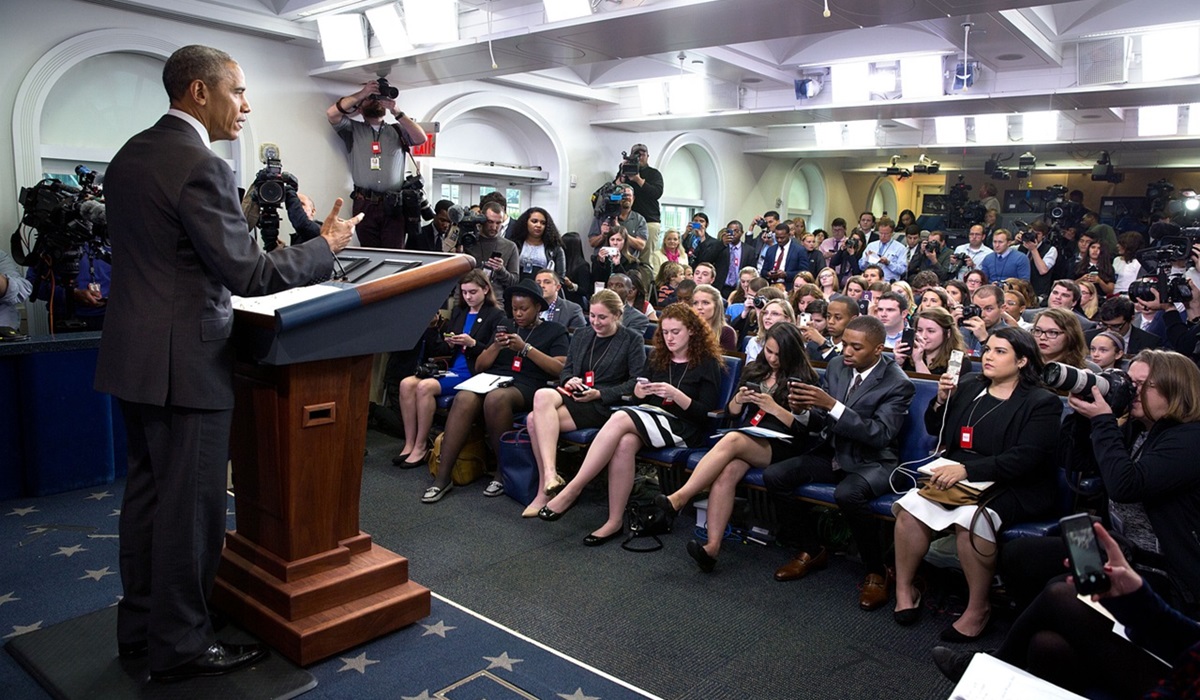Trump’s Education Overhaul: Reducing Federal Control to Empower States
- TDS News
- U.S.A
- November 12, 2024

Image Credit, Victor Salazar
President elect Donald Trump’s proposal to close the Department of Education has sparked an energetic debate and an openness to reimagining the future of American education. Established by President Jimmy Carter in 1979, the Department has grown into one of the largest federal agencies, overseeing policies, funding, and educational standards across the nation. Trump believes that returning control to the states could inspire new ideas and approaches that are tailored to meet diverse local needs, potentially breaking through the longstanding issues that have put the U.S. behind other countries in subjects like math and science.
Trump envisions a system where funding flows directly to states, empowering them to pursue innovative educational strategies free from federal mandates. This approach, he argues, would reduce red tape and bring resources closer to classrooms where they are most needed. By focusing on academic fundamentals—math, reading, science—Trump hopes to steer education back to core subjects, letting states determine how best to handle social and cultural topics that reflect their communities’ values and priorities.
The proposal has some Americans cautiously optimistic, especially those who see the potential for creative solutions emerging when states have more flexibility. With Elon Musk positioned to lead an “Office of Government Efficiency,” Trump’s administration aims to bring a bold, results-focused approach to reduce redundancies. Musk’s track record of streamlining complex operations suggests that a fresh perspective could benefit a system that has, by many accounts, stagnated in recent years.
Though some worry about the impact of such a shift, there’s also a recognition that significant change often starts with bold moves. The proposal might seem radical, but it represents a willingness to question the status quo and pursue new possibilities. Many agree that a high-stakes move like this could be just what’s needed to break through old challenges. The country now faces an exciting opportunity to watch these ideas unfold and see if a new approach can bring about meaningful improvements in education.








